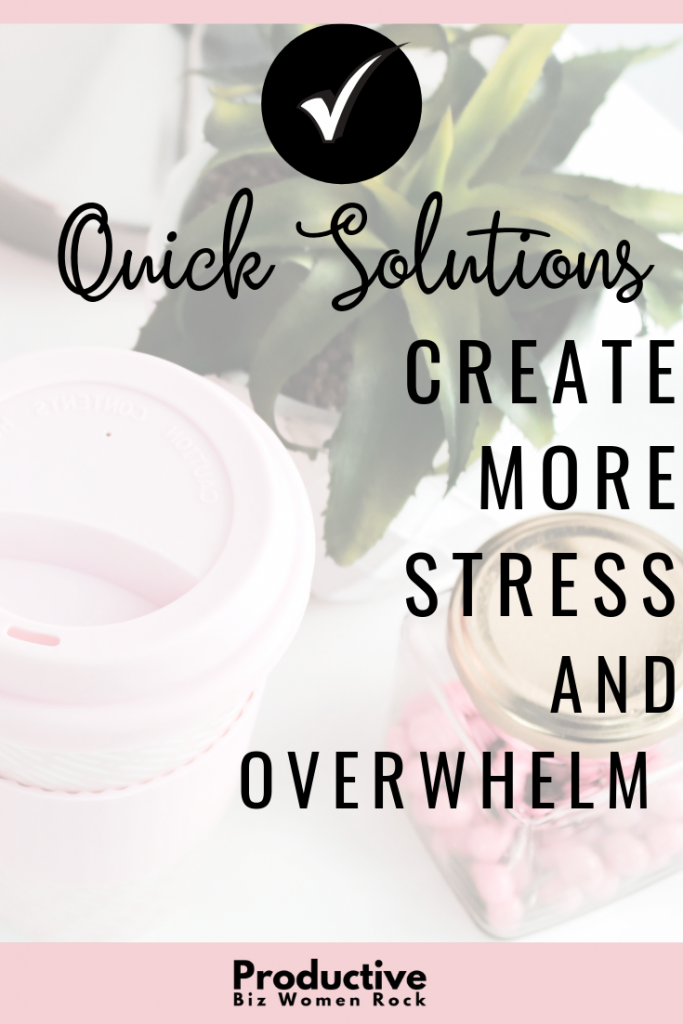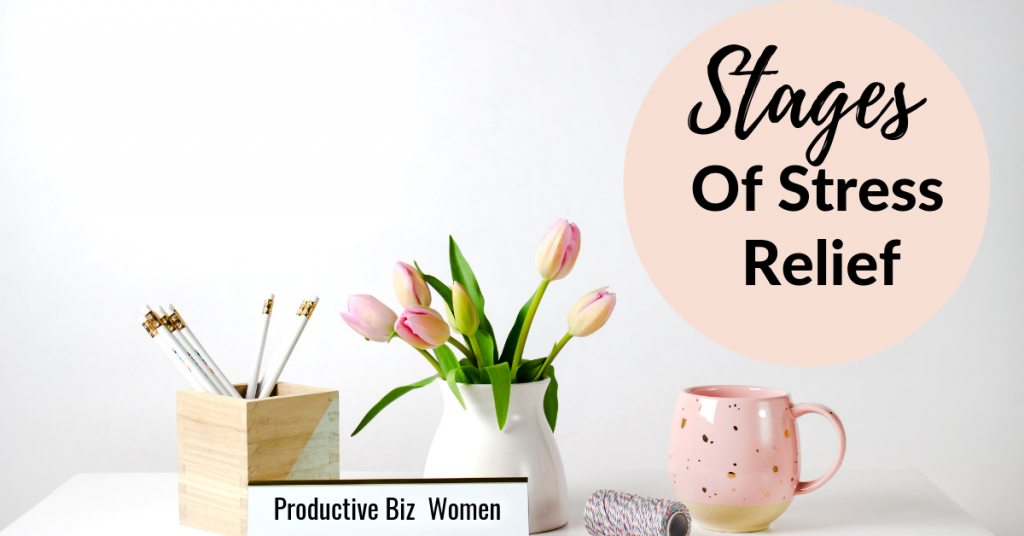 The Dangers Of Stress
The Dangers Of Stress
Stress isn’t inherently a bad thing. Instead, it’s a vital survival process that allowed us to run away from danger or get ready to fight back during the caveman days. Even today, stress can motivate us and help us get through cramming all night long for an important exam or getting an important work project finished.
There is a time and a place for stress. The big problem today is that we’re under too much stress and feel it almost all the time. That’s when stress can become very dangerous and even deadly.
Stress tends to be categorized into two different types of stress. Acute stress and chronic stress. Acute stress is what you feel when you’re in a dangerous situation. When your house catches on fire, and you barely get out, you’re feeling acute stress.
While it takes a toll on the body, it’s not nearly as dangerous and deadly as chronic stress. This is the type of constant stress we feel day in and day out that I described at the beginning of this post.
It simply starts to wear out the body. Stress will do damage to your heart, your arteries, and even your gut and your immune system. Stressed people frequently suffer from high blood pressure, heart disease, stomach and digestive problems, ulcers, and due to the lowered immune system, they are more susceptible to various bacterial and viral infections like cold and flu. Add to that the fact that high stress is often accompanied by insomnia it’s no wonder we feel bad.
Stress makes it harder to heal and recover from any injury or sickness, and it’s clear that stress is dangerous and something we need to address.
It’s important to focus on reducing stress as much as we can and find ways to cope better. We have to actively make time for relaxation to give our body a chance to recoup and recover.
While there isn’t always a lot we can do about external stressors, there is a lot we can do to counterbalance from yoga and meditation to getting more sleep and cutting back on distractions.
In light of all the damage chronic stress can do to your body and the negative effect it can have on your overall health and wellbeing, are you ready to embrace rest and relaxation? If so, don’t miss tomorrow’s post where we start to take a closer look. For now, simply start to become more aware of the stress you’re under. It’s much easier to start addressing the problem once you’ve become aware of it.
Are you struggling with Wanting a quick solution creates even more stress and overwhelm?
If you’re an entrepreneur who struggles with Wanting a quick solution creates even more stress and overwhelm, then read this immediately because the solution is inside this post.
Typically this problem presents itself in 3 stages. Let’s take a closer look at each stage and how to solve it.
3 Stages
Stage #1: “Wanting a quick solution creates even more stress and overwhelm”
How do you describe the problem at this stage? At this stage, you probably haven’t even figured out what your stress is all about. You may know you’re feeling a little anxious but really haven’t taken the time to figure out why.
First, take your time. Do some introspective thinking about why you’re actually feeling the way you’re feeling. A quick solution can work if you know what you are creating the solution for. If you find that you completed some techniques to get rid of your stress only to feel it come back or actually never leave then you probably haven’t truly identified the problem.
Any tools, insight, or advice to stop the problem here and keep it from getting any worse?
Stage #2: “It’s a Habit”
According to the dictionary, a habit is an acquired pattern of behavior that has become almost involuntary as a result of frequent repetition.
Even though your habit may seem automatic, behind it stands a thought, a choice, and a decision. You are going to be developing the skill of awareness throughout this empowerment course. You will be conscious of your choices and why you choose them. All actions have consequences. It’s time for new actions that bring new results.
A new habit takes at least 21 days of consistent effort to set in – When we try to change a behavior/habit or implement a new one, it takes at least 21 days of consistent repetitive behavior for it to set in. If it happens to be an addiction, it could take as long as 35 days, or more. No quick fix is designed to change habits.
You cannot fix any problem you have not admitted to yourself that you have. Staying in a denial state of mind only prolongs your pain and reinforces behaviors that make you unhappy with yourself.
List exactly what habits you have that hurt your health, add to your waistline, waste your time, or in some way make you feel bad or angry with yourself:
Stage #3: “It takes hard work and commitment.
How many times have we started a new project, exercise routine, or diet plan bursting with energy and enthusiasm only to see wane and wither away? Too many, I’m sorry to say.
The truth is, it isn’t easy to stay focused and committed, which is why, once again, we look for the quick fix instead of buckling down and getting on with it.
If we recognize that it will take time, hard work and continued dedication to develop and improve ourselves, we would save a lot of time and heartache.





Leave a Reply